Traversing a Nonexistent Country
This is a pencil drawing that Axel Kohler did for Kayla Holscher’s 19th birthday.
How many of the students at Palestine High School can say that they have traveled to another country? There may be a few, but how many can say that they have traveled to a country that doesn’t even exist? Kayla Holscher told me just that.
Kayla spent eight weeks in West Germany during the summer of 1989. From 1961 until November of 1989, the Berlin Wall divided Germany into two: East Germany and West Germany. Kayla left West Germany in August of 1989, just three months before the Berlin Wall came down. The country of West Germany was dissolved on October 3, 1990. So, why was she there, and just what did Ms. Holscher do during her time in this now nonexistent country?
Ms. Holscher had an opportunity to travel internationally through a 4-H program called IFYE. Holscher said, “Specifically, the program was called the International 4-H Youth Exchange. I talked one of the professors at Northwest MO State University into letting me take a 3-hr independent study in Ag. Economics.”
Holscher’s trip began with a three-day-stay in Washington D.C. for orientation before taking to the air to go to a youth hostel in Wiesbaden, West Germany for German orientation. From there, Holscher jumped around a bit. She stated that she stayed “in tents along the banks of the Mainz River; a host family for 3 days; another host family, the Ruthe Family in Darmstadt, W. Germany; the Kohler family in Giessen, W. Germany; and other youth hostels in Bavaria.”
Why on earth did Holscher stay in tents along the river? “I took a week-long canoeing and camping trip on the Mainz River. Each day, we would stop at a town or two along the way and visit a different type of business like a winery or weaving shop.” Her son, Eric Holscher enjoys outdoor activities such as camping and stated that the canoe trip would have been his favorite part of the trip had he ever had such an opportunity.
“I spent time with three different host families. While staying with the Kohler family, we went somewhere almost every day. The father took us out to his hunting grounds. Axel and I frequently went places in the evenings. They even let me drive one of the Mercedes as I was 18 and Axel was only 15. They said my US driver’s license would be valid. I went to the grocery store or market and bought supplies to cook a meal for my families.”
A large part of traveling to somewhere unique is meeting new people. Holscher was impressed by many of the individuals she became acquainted with. She said “Most of the host families were upper socioeconomic class. Mr. Ruthe was a judge. Mr. Kohler was a pharmacist. The tour guide from the camping/canoeing trip was a working-class man who was well versed and informative. Axel’s father arranged for me to visit a couple of farms. The farmers were very technology savvy and progressive. They had large crews of workers.”
By the same token, however, Ms. Holscher recounted some not-so-ideal memories of German citizens: “One thing about the Germans is they don’t wear deodorant or shave their armpits. The public transportation systems were kind of stinky, being close to people who don’t wear deodorant. The public swimming pools were just open, no fence around them. It was very common and acceptable to see topless ladies and naked men at the public pools.” Most of us can’t stand when there are some stinky people on the basketball court. Imagine an entire country like that.
Holscher’s favorite memory of her time in Germany? It was a quick response, and I probably would have said the same. “Probably staying at the Kohler house and celebrating my 19th birthday there. They treated me like a queen. I also got to drive one of Mr. Kohler’s Mercedes on the autobahn. That was fun and kind of scary!” Now, that would be an experience to remember.
Holscher has stayed in touch with her host brother and Mr. Kohler’s son, Axel. I was able to get a hold of him to learn more about Kayla’s time there and about Germany in general. As it turns out, the Kohlers had already hosted a handful of students prior to Kayla’s stay, and Axel told me “My English, though already enhanced by many family vacations in Scotland, certainly improved with every anglophone visitor.”
Kohler learned just as much from Holscher about American culture as she did from him about German culture. One of the things Axel said in particular caught my attention: “I learned that Americans – especially from rural communities – were different from, in certain respects more conservative, and more reserved about things my British and even Irish friends were fairly easy going about…and many young German people are very easy going about.” Growing up in a rural American family, I can most definitely attest to that.
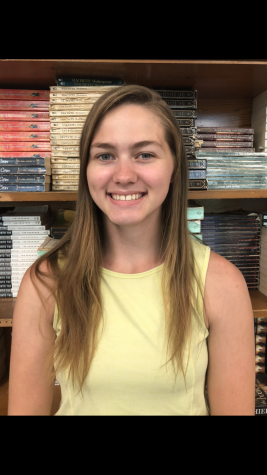
My name is Krescene Holscher. Although I have been involved in the Yearbook Committee, this is my first year in Journalism. In my free time, I enjoy spending...

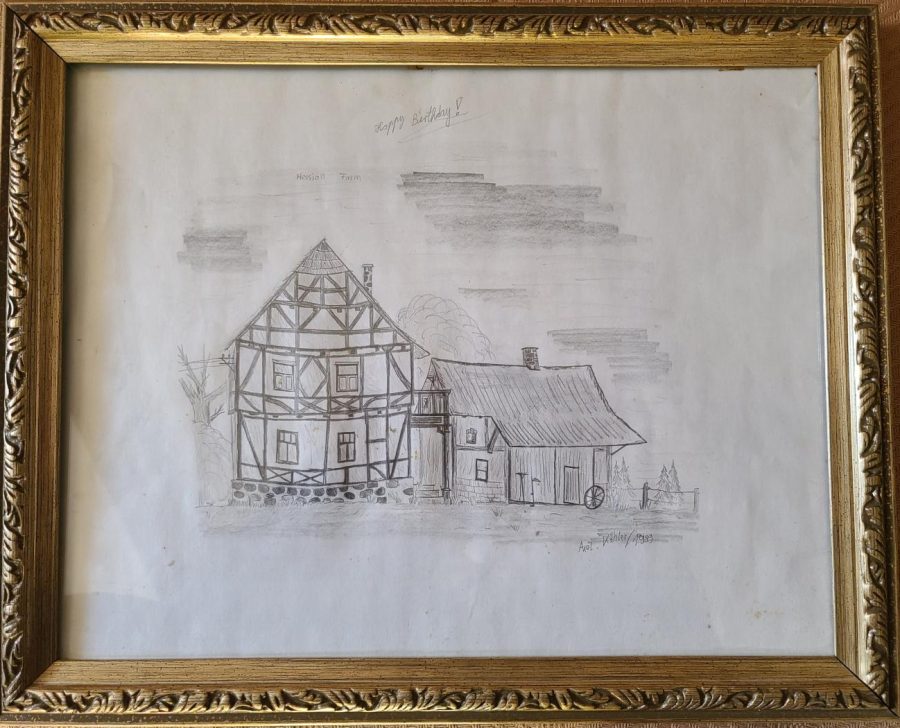
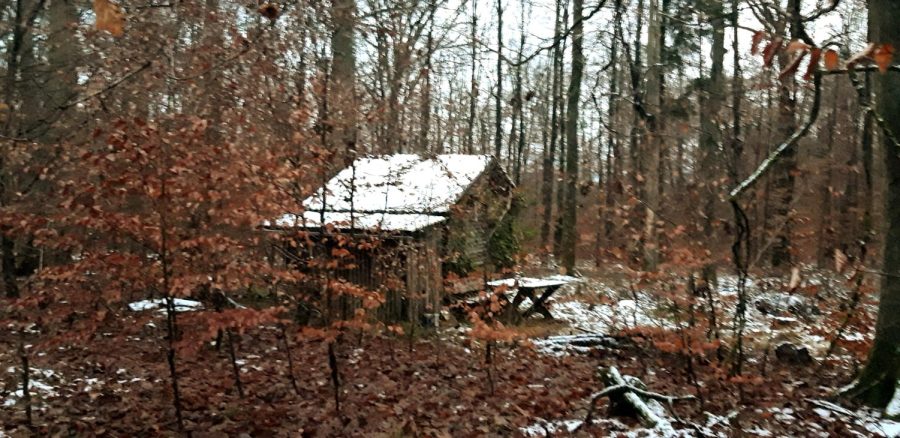
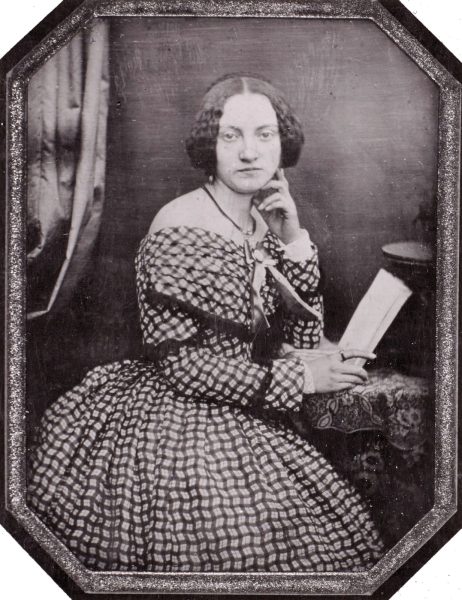

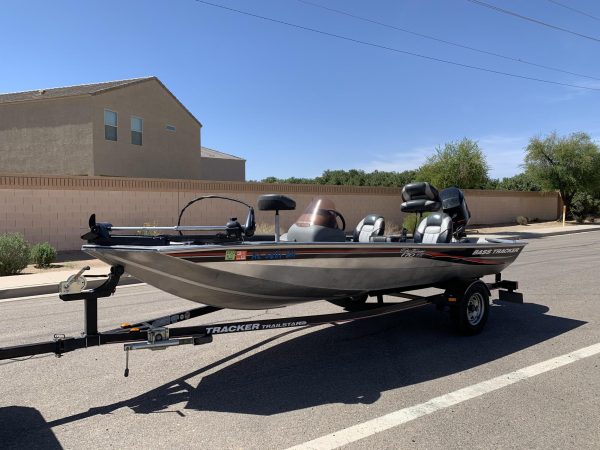



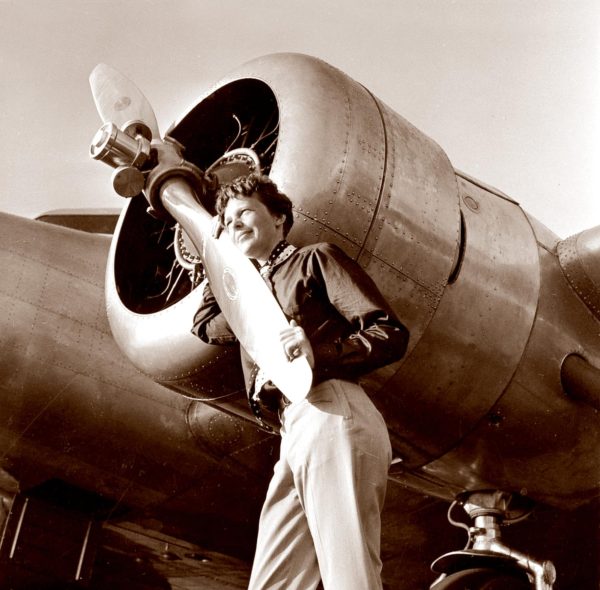


Don Angel • Jan 22, 2022 at 7:57 pm
Interesting article to read.